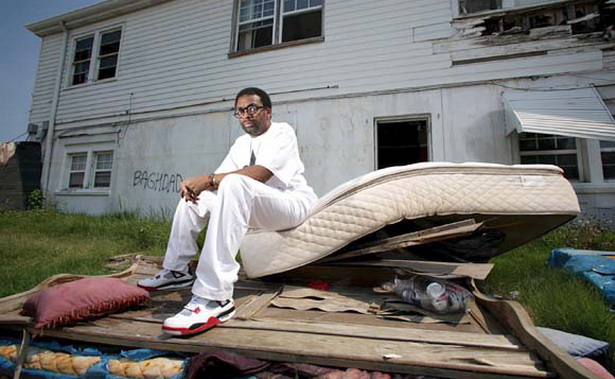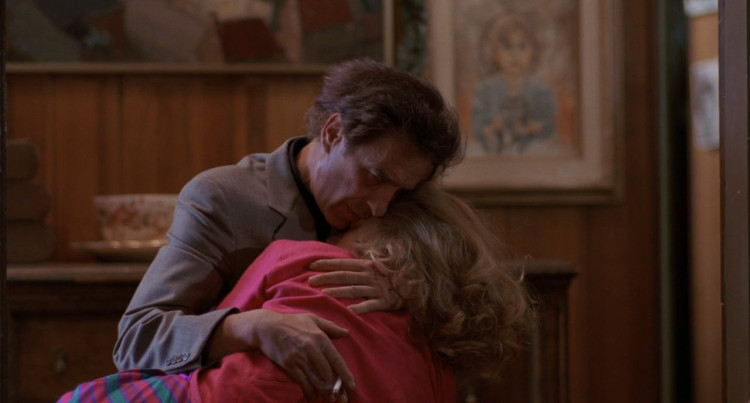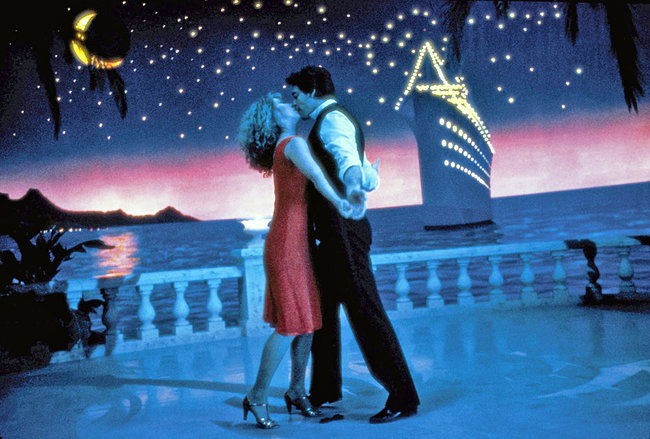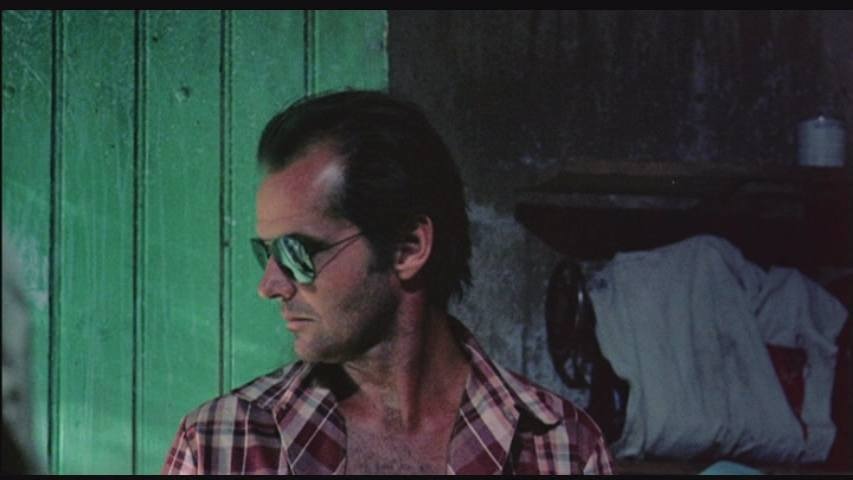6. Spider (David Cronenberg, 2002)

It is always surprising just how overlooked some of David Cronenberg’s films are, whether it be his work of the 2010s (aside from Maps to the Stars, but even that one deserves more recognition than it received) or his films between Videodrome and A History of Violence, but if any one film deserves the most reappraisal when it comes to Cronenberg, it just has to be Spider, one of his most indelible mind benders to date.
Very few films seem so content with what they are, and Spider seems take some kind of sadistic joy in throwing the deranged sexual and violent challenges towards the audience and watching them do their best to keep up with the consistent twisting and turning of the plot as well as just the overall moodiness of it all, this unshakeable dread that is never really expressed fully and therefore only continues to build and then lingers long after the credits roll.
Ralph Fiennes gives one of his best performances here, which is doubly impressive given his track record, and whilst it’s difficult to say that Spider is one of Cronenberg’s finest achievements, it’s definitely not a film to be ignored.
7. When The Levees Broke: A Requiem In Four Acts (Spike Lee, 2006)

Most likely overlooked due to both the runtime and the fact that it is a documentary, Spike Lee’s 2006 masterpiece When The Levees Broke: A Requiem In Four Acts is something that really just requires viewing. Working with its sequel (If God is Willing and Da Creek Don’t Rise, released in 2010, which followups the first perfectly) or without it, Lee’s documentary is one of the most infuriating experiences of all time.
Filled to the brim with interviews from locals, politicians, doctors, victims, celebrities and just about anyone else, the documentary more than makes up for its runtime with this seriously sprawling look at the tragedy of Hurricane Katrina.
The film feels long, sure, but it also feels just about everything else, guiding the audience through this vile situation slowly, giving each and every perspective just enough to say to make their stories clear.
It is one of the most impressive documentary undertaking of the century, if not all time, working as this red hot scathing look at how the government essentially ignored the issues created by Hurricane Katrina and how (some of) the media circus laid back and let it happen. It’s disgusting, it’s infuriating, it’s maddening, but of course it is, it’s a Spike Lee film, after all.
8. Love Streams (John Cassavetes, 1984)

John Cassavetes is one of the most well known indie directors of all time, creating a string of successful and acclaimed films that would go on to earn him a huge amount of recognition for making his films independently. Mortgaging his house multiple times just to fund his films, taking any acting role he could get and almost always working with his wife (Gena Rowlands), Cassavetes consistently proved himself as one of the most dedicated directors to ever pick up a camera.
Love Streams was his penultimate film (Big Trouble was released two years after in 1986) before his death in early 1989, and so it fits that it is perhaps his most tender and embracing film, as well as one of his most ignored.
It’s a gorgeous swan song of a film, featuring Cassavetes and Rowlands in the lead performances (seeing them work together is a pleasure rarely equalled) and multiple of the most touching scenes ever filmed.
Love Streams is a film that can’t really be explained with words, only through experiencing it can one really understand how it manages to touch the soul as much as it does. It’s embracing, beautiful and more touching than most, and yet for a director as strong as Cassavetes was, it’s just another one of the best films ever made under the belt.
9. One From The Heart (Francis Ford Coppola, 1982)

Coming from Francis Ford Coppola, a man often called one of the greatest directors of all time (though let it be known that this statement seems to come from those who have only seen his four most acclaimed 70s films (The Godfather, Apocalypse Now, The Conversation, The Godfather II) just after his insane streak of some of the most beloved films ever made (along with an insane number of Oscar wins and nominations), One From The Heart was set up to disappoint to a certain extent, with Coppola happily stepping back and making something much more playful than people were used to from him, stripping back his focused, clinical directorial style and switching it for something much more focused on emotion and flashy imagery/editing.
It’s a difficult film to explain, with a simple romance breakup plot but cinematography and music (with Tom Waits!) that take this simple premise and make it into something completely unforgettable, a gorgeous, neon lit romantic musical that just belongs among the most beloved of all musicals. It’s absolutely stunning.
10. The Passenger (Michelangelo Antonioni, 1975)

Overlooked in comparison to most of Antonioni’s other work, The Passenger (one of Antonioni’s last films) is one of the best films from one of the best Italian directors out there. Starring Jack Nicholson and Maria Schneider, the film follows journalist David Locke who stumbles upon a dead man who happens to look just like him, then decides to assume the dead man’s identity, all seeming well until it turns out that the dead man was involved in a whole lot of criminal activity.
Featuring one of Nicholson’s best performances to date, and an absolute showstopper of an ending (seriously, one of the best endings ever put to screen, it is absolutely unreal), the film boasts a hell of a lot of talent and the majority of the talent involved are at the height of their powers, so it remains confusing that this one slides under the radar so much more than Antonioni’s other films, especially when taken into consideration that the film did gather a lot of acclaim when released. It’s a wonderful puzzle of a film, and one worth viewing for anyone, Antonioni fan or not.